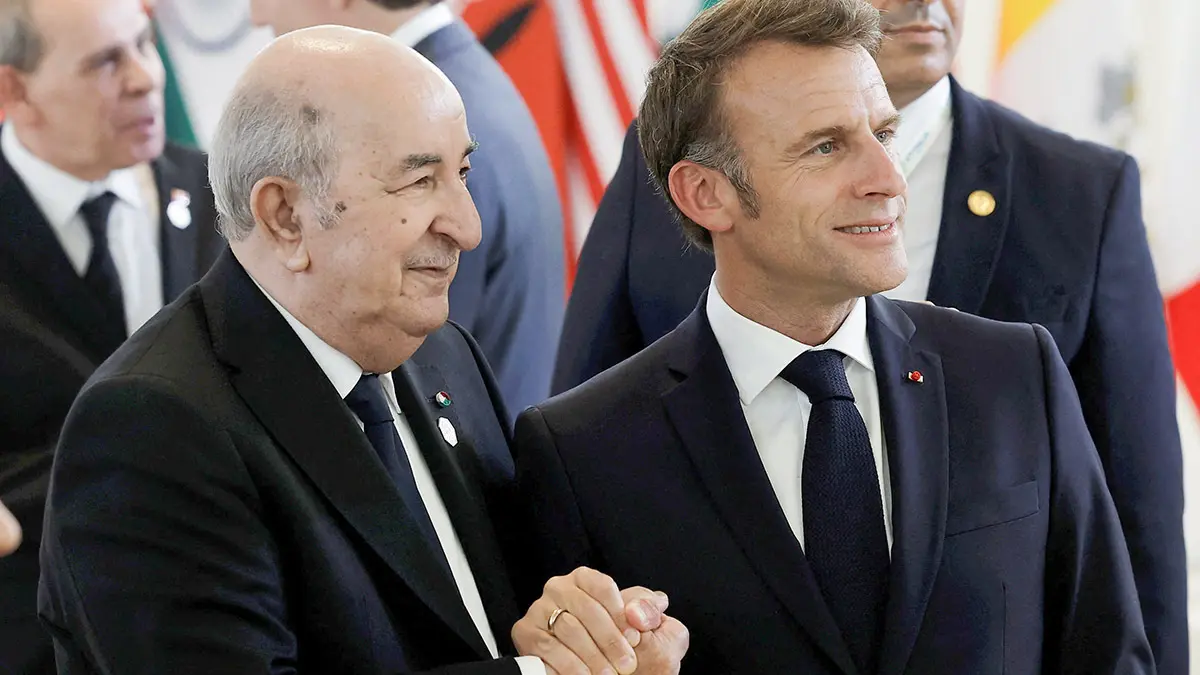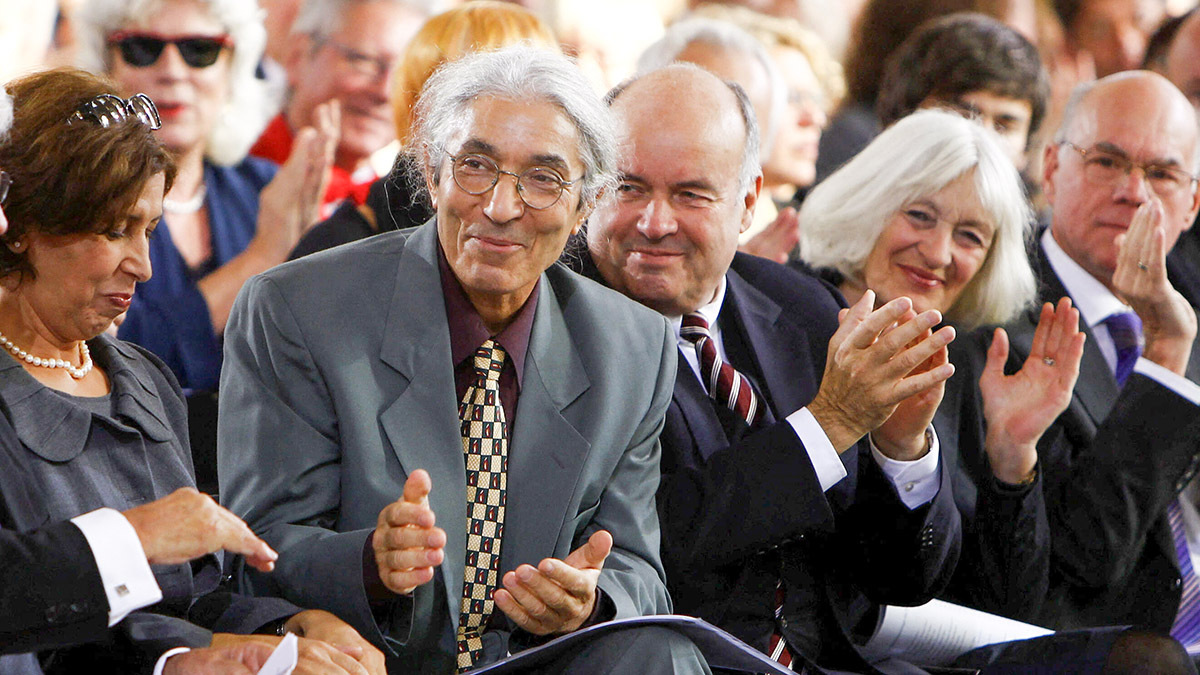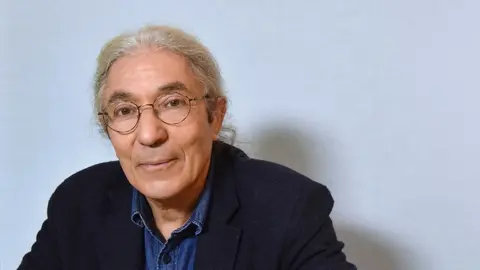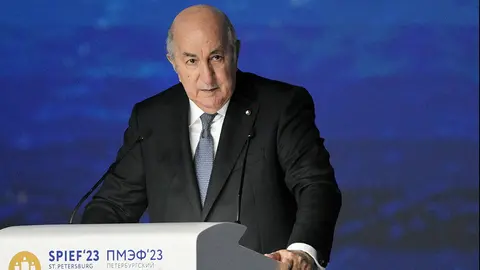France and Algeria resume dialogue amid diplomatic tensions

Relations between France and Algeria have been marked by a complex history of political tensions and diplomatic disagreements. After months of friction, Presidents Emmanuel Macron and Abdelmadjid Tebboune have agreed to resume dialogue and relaunch cooperation on security and migration. This decision, announced after a telephone call between the two leaders, marks a significant change of tone in their bilateral relations.
As part of this reactivation of dialogue, the French Minister of Justice, Gérald Darmanin, is expected to arrive in Algiers soon. In addition, the French Minister of Foreign Affairs, Jean-Noël Barrot, will travel to the Algerian capital on 6 April at the invitation of his counterpart, Ahmed Attaf, in an attempt to consolidate ties between the two nations.
However, the recent sentencing of the Franco-Algerian writer Boualem Sansal to five years in prison has added a new point of tension to the relationship. Macron has urged Tebboune to show clemency to the intellectual, arguing on humanitarian grounds due to his age and state of health.
Sansal, a critic of the Algerian government, caused controversy with his statements to the French magazine Frontières, where he supported the Moroccan claim that parts of its territory were ceded to Algeria during French colonisation. His arrest last November has deepened the diplomatic crisis between the two countries.

Another key factor in the deterioration of relations was Macron's recognition of Morocco's sovereignty over Western Sahara in July 2024. This decision provoked a strong reaction in Algeria, which considers this recognition an affront to its foreign policy. Macron's position was reaffirmed in a historic speech to the Moroccan Parliament in October, where he declared that the future of the territory must be inscribed within Moroccan sovereignty.
Despite these challenges, the resumption of dialogue between France and Algeria represents a step towards rebuilding a strategic relationship, marked by history but also by the need for mutual cooperation. In the coming months, the evolution of these talks will be key in determining whether both nations will manage to overcome their differences and move towards a new stage of partnership.










